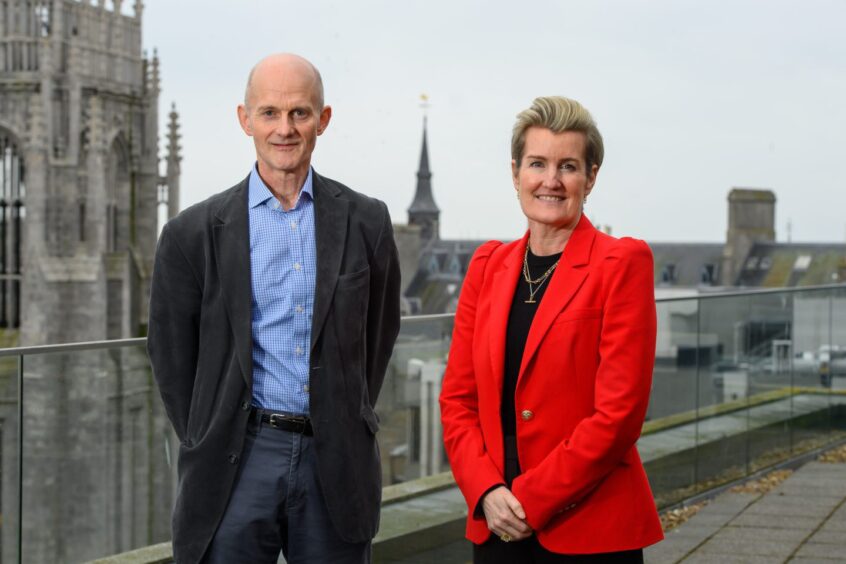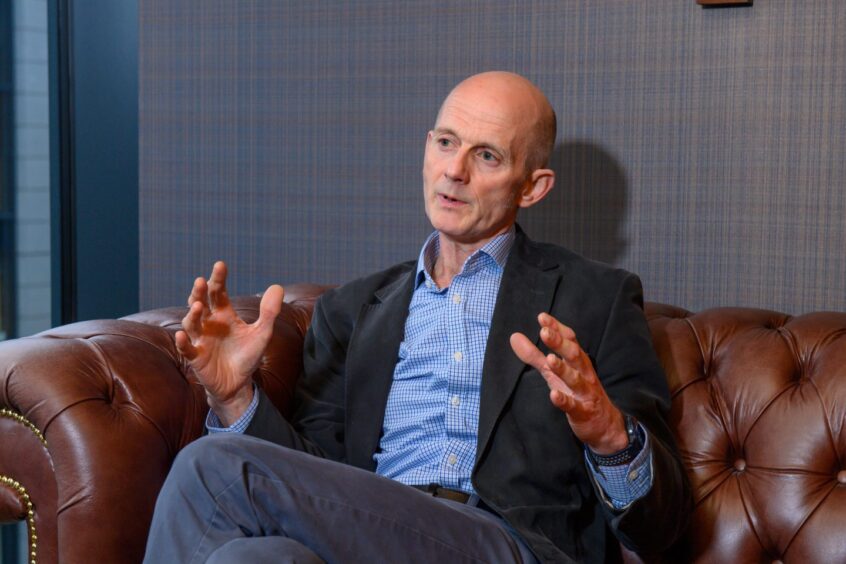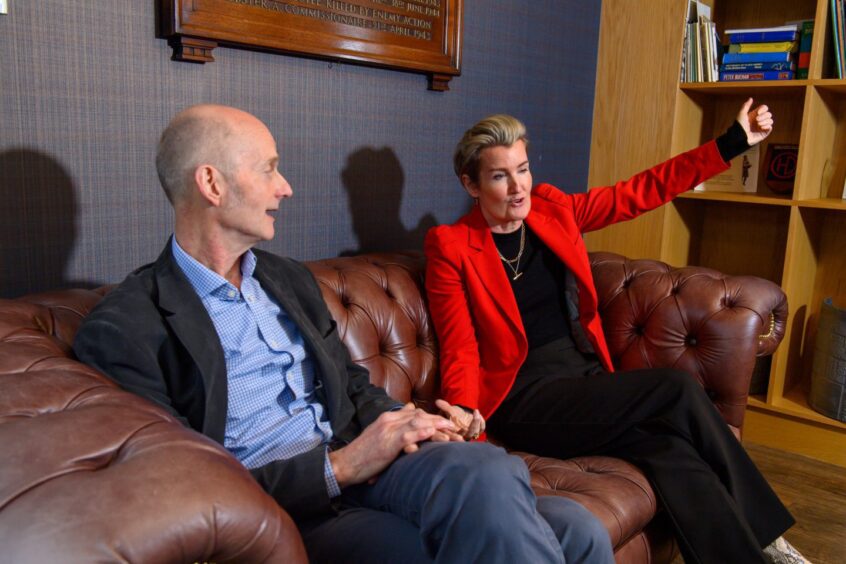
“There’s a lot at stake for the government,” said the head of the North Sea Transition Taskforce as he reflected on energy policy.
The taskforce was set up by the British Chambers of Commerce (BCC) to be a Bank of England style body for energy policy, following a recommendation from Aberdeen and Grampian Chamber of Commerce (AGCC).
The idea behind the initiative was to inform government policy to support domestic energy firms while the UK moves towards net zero targets.
North Sea Transition Taskforce chairman, Philip Rycroft, told Energy Voice: “The fact there is a taskforce demonstrates that there was a deep dissatisfaction in the industry about current state of play, a frustration about where government policy was going, and this is an opportunity for government to hear through a task force that has emerged from the industry and with other interests on it as well about what a good transition looks like.”
He added that it is “in the government’s interest” to listen to the outcomes from the taskforce, which is set to produce its inaugural report next month.
This comes following the second meeting of the North Sea Transition Taskforce which took place in Aberdeen city centre before its members were taken on a tour of various businesses and energy hubs across the city, including Aberdeen Harbour.
On why the government should take onboard what the taskforce has to say, Rycroft added that the work being done by the “covers all of their agendas”.
“It’s about growth. It’s about the optimal pathway in net zero. It’s about receipts for the public purse. It’s about good jobs. It’s about the business infrastructure that supports productivity growth, all the things that government is looking for,” he listed.
He suggested that if the Labour Government follows the taskforce’s recommendations will result in “win-win” situations.
Rycroft said that the body has “not been about damning government” but it aims to recommend against policies that “risks impeding the transition”.
“Some of the things that government has done have had, I suspect, unintended consequences,” he explained.
“It’s in that capability to step back and to help government see this as a whole, see how all of the moving parts interact and how they can create a policy context which optimises the future of the North Sea, both for oil and gas and also the renewable energy that’s coming down the track as we move towards net zero.”
The recommendation for the taskforce’s formation came from an AGCC Energy Transition report.
With the group set to produce its first set of recommendations to government, the BBC was questioned on whether Labour would listen more closely to the taskforce.
Director general for BCC, Shevaun Haviland, responded: “They [the energy transition reports] are really important for this region, They’re really important for all the members of Aberdeen Chamber but the Aberdeen Chamber came to us and together we said we want to do something bigger, we want to do something that covers the entire nation.”
Haviland added that “it’s really important that we’ve got all of the chambers working on this together”.
In addition to collaboration for the chambers of commerce, the North Sea Transition Taskforce has collated members from GMB Union and various businesses across the UK supply chain.
Haviland said: “We have been very deliberate in ensuring that we’re covering a wide range of voices from industry, from the supply chain, from, the environmental voice.
“And with the chambers involved, we have economic voice across all regions and nations. So, I think that gives it gravitas.”
On the recommendations that the taskforce will make, Rycroft said that “a lot of people are saying to us that you can’t deal with this piece meal.”
He added: “It’s not about just adjusting this little bit here a little bit there. There’s a lot of agencies; there’s a lot of bits of government that have some influence over all of this.”
The taskforce is going to argue for “a line of sight into the future” for energy firms in the UK.
“That gives you that certainty so you can reskill yourself, you can invest, you can grow your business. That’s what we’re about, and that’s where the focus of the report will lie,” the taskforce chair concluded.
Recommended for you


 © Supplied by Kenny Elrick/DCTM
© Supplied by Kenny Elrick/DCTM © Supplied by Kenny Elrick/ DCTM
© Supplied by Kenny Elrick/ DCTM